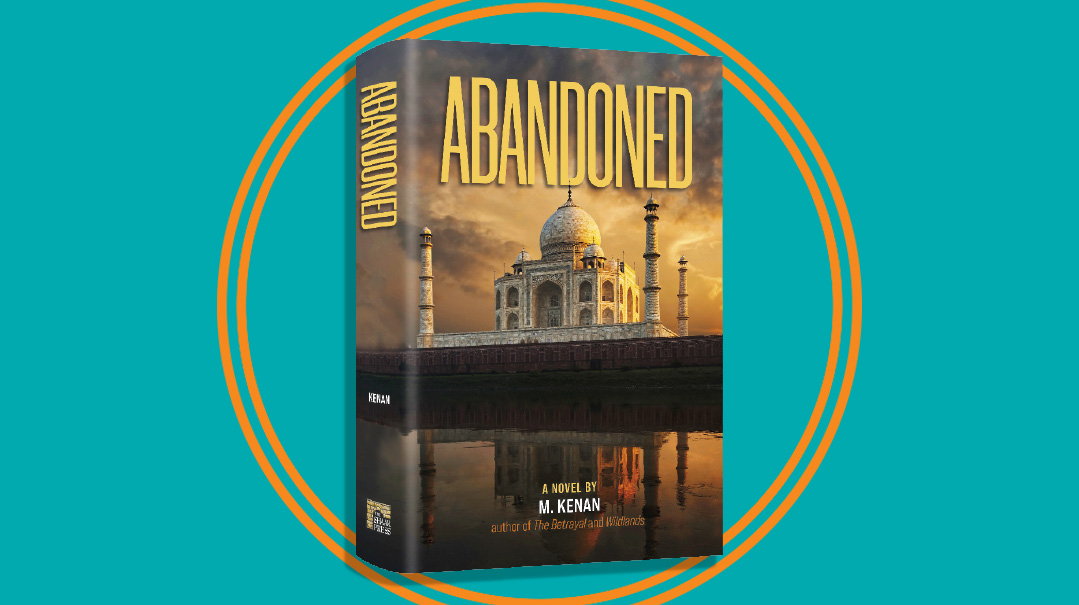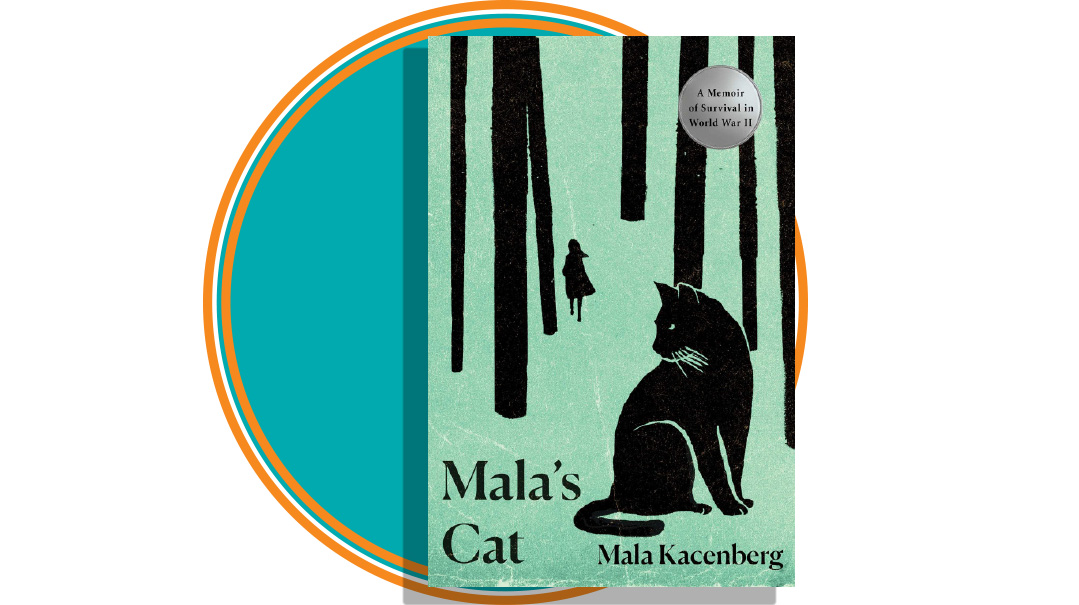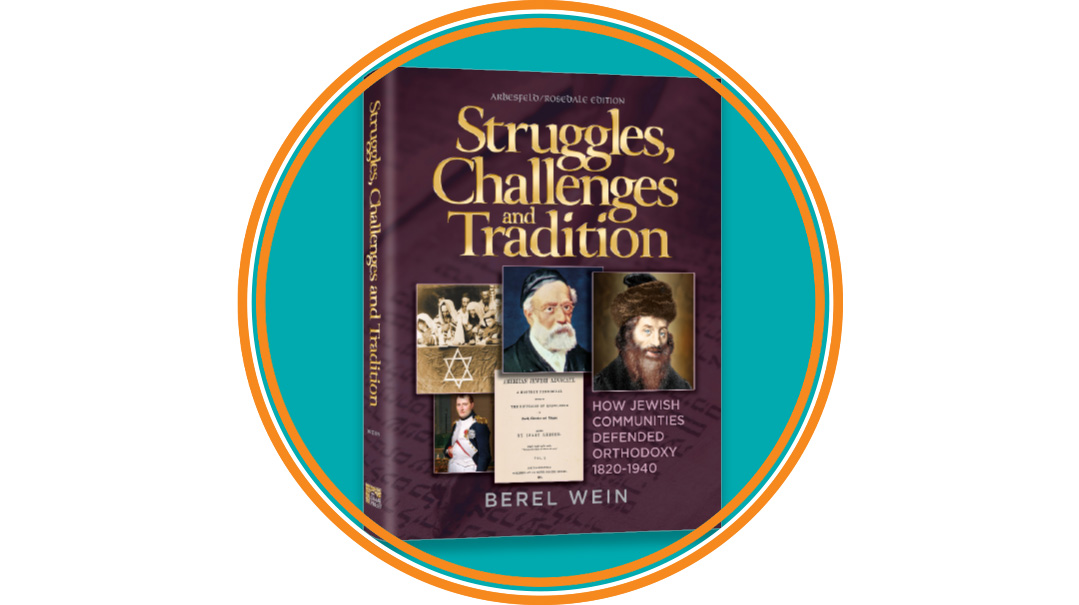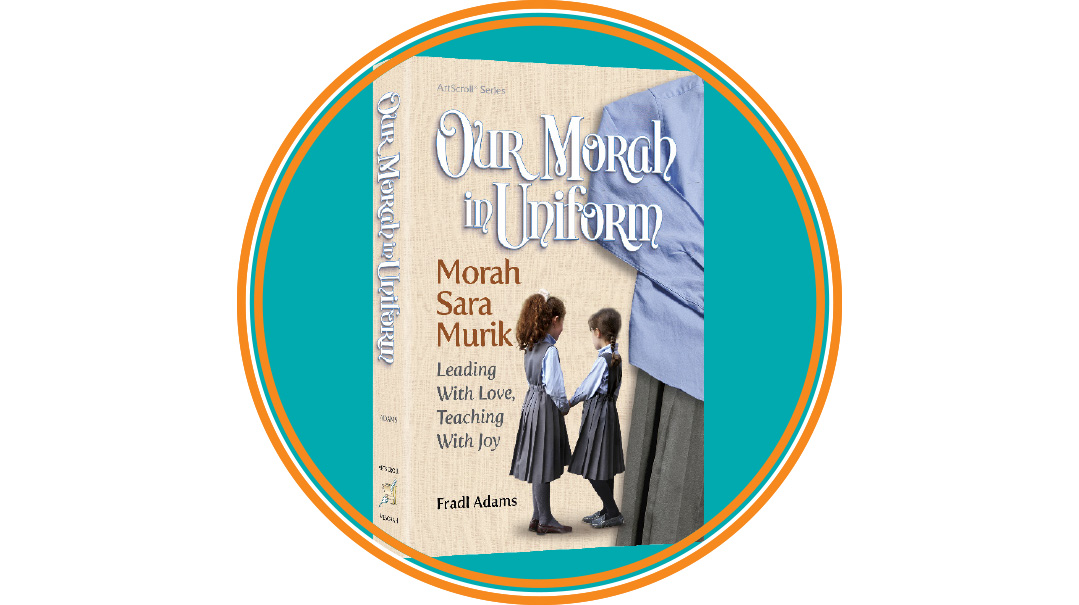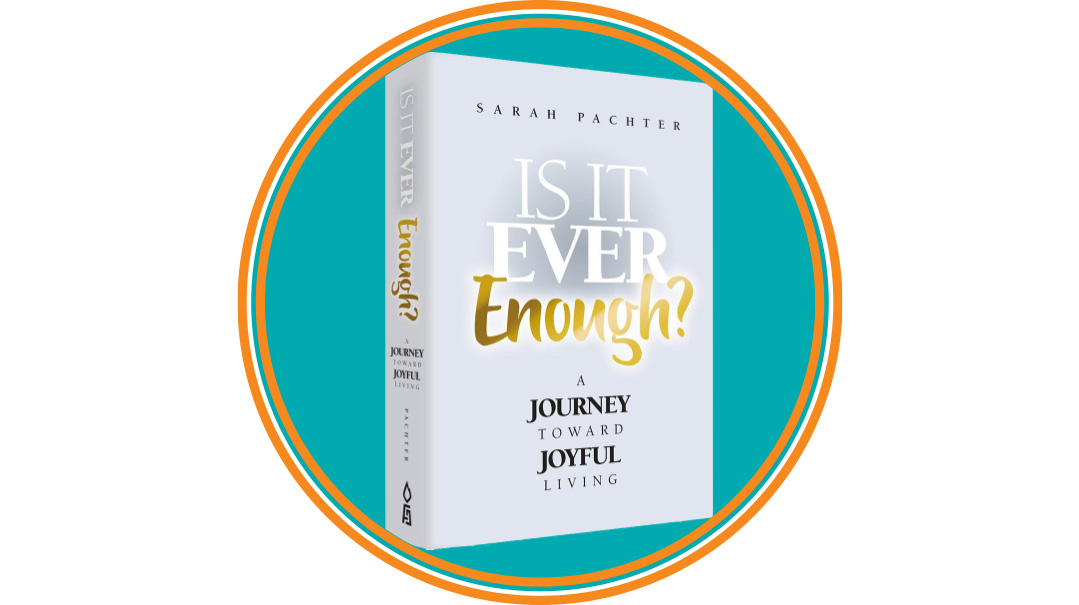Deception
| January 4, 2022Deception has the expert blend of human drama and suspense which Libby is loved for
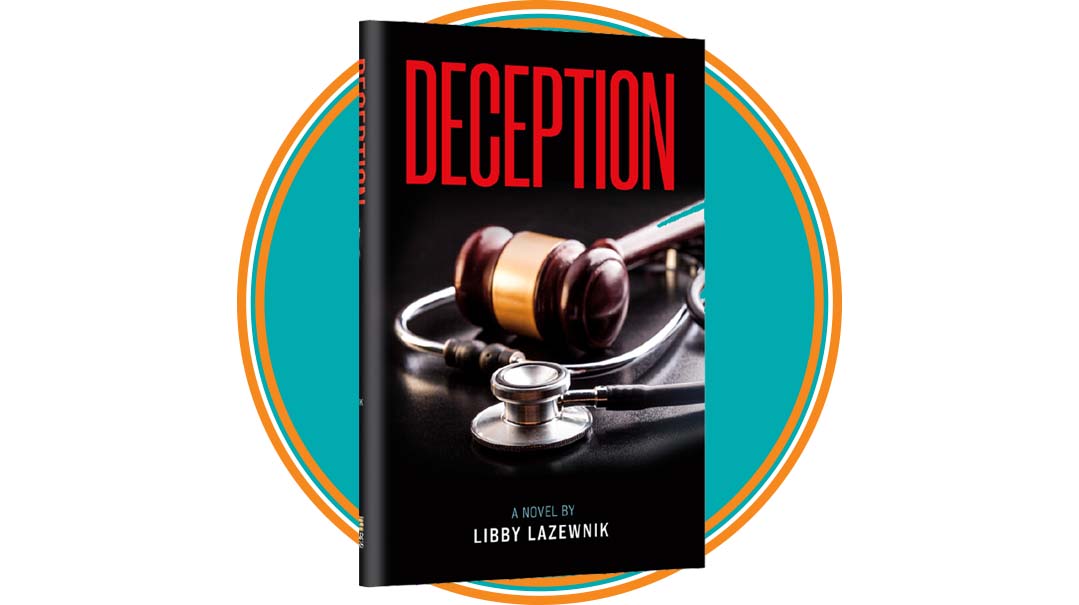
Book: Deception
Author: Libby Lazewnik
Publisher: ArtScroll Mesorah
The Author in Three Lines
Libby Lazewnik is a mainstay of Jewish publishing. Her earliest works were the Shira tween trilogy and countless stories for children, but over the years her adult novels, including The Judge, The Quest, Fool’s Gold, and the oldie but goodie Give Me the Moon, have captured the hearts of two generations. Libby is a freelance writer, editor, and translator who lives in Baltimore.
The Book in Two Lines
Deception has the expert blend of human drama and suspense which Libby is loved for. There’s a sinister scenario, a family in crisis, a likeable older single, a conflicted teen, and a shidduch (of course!) deftly woven together.
The Significance of The Title
I called my novel Deception because there is a lot of that going around on many different levels: the nefarious plot at the hospital where Nina works, the shenanigans undertaken by Ari’s partner, and Mitzi’s secret, to name a few. Yet Deception also highlights the universal human tendency to protect ourselves through various mild deceptions aimed at making others see us the way we want to be viewed, and allowing us to feel more successful and respected.
The Character Who’s Your Personal Favorite
Ari Lander started out as a secondary character in the novel, a sidekick to Nina’s starring role. As the book went on, I found myself liking his persona more. He’s a good guy who’s been through a lot. He has integrity and courage. Most of all, he’s a wise, loving, and reliable father. What fantastic husband material for our Nina!
How This Book Was Born
I started writing this book during the Covid lockdown. It was either that or go out of my mind with boredom. But actually, I’d had this idea in the back of my head for some time: a novel featuring a couple in which one is a lawyer and the other in the medical profession, so that their careers could provide fascinating avenues for possible story lines. My goal was to introduce personal emotional growth and relationship development through a plot line that includes plenty of excitement.
What You Left Unwritten
I would have liked to write more fantasy and science fiction. I grew up loving stories that take a charming departure from reality, but it’s tricky to do that for a readership as firmly wedded to reality as ours is. Instead, I try to insert a little real-life “magic” through story lines that people can relate to, a sprinkling of excitement and suspense, and emotions and dialogues that ring true. In the end, those can be just as satisfying.
How Could You … End This Book with A Cliffhanger? You’ve Taken Readers by Surprise; Did You Surprise Yourself Too?
I had a sequel in mind for this book from the start, to be introduced by a cliffhanger. Although I’ve never ended a book that way before, I’ve written a number of serialized novels, where a cliffhanger at the end of each installment is par for the course. There’s nothing readers enjoy more than a bit of suspense, so I figured I’d throw in a whole lot of it to wind up the first book, along with a promise of more to come. I know some readers may feel more frustrated than pleased by this dangling promise, so I’m already hard at work on the sequel. Hopefully, all questions will be answered soon!
Your Writing Space
My writing space is a darling little room in the basement of our house. Because the room is tucked in under a staircase, the ceiling slopes, which gives the room a very interesting shape — with the tallest part soaring in the center. There’s a niche for my desk and computer, another for my printer, and, best of all, seven built-in bookshelves where I keep my favorite books along with those I’ve written and translated.
The only drawback is that there’s no window to enchant me with its views. Though I guess that may not be such a drawback after all: the minute I step in here, I’m in “the zone.” Once the words start to flow, I probably wouldn’t notice anything beyond the window in any case…
Advice To Your Younger Writing Self
I’d tell myself to relax more and go with the flow. I used to have an ongoing debate with my good friend Mimi Zakon, a fabulous writer and editor. She maintained that it’s not necessary to do much advance plotting. She would start a story with a strong character and an interesting situation, and then see where it went from there.
In contrast, I carefully planned out my books in advance so I knew exactly where I was headed. I wanted to be able to take advantage of things like foreshadowing and lining up different story lines for maximum impact.
All of that still holds true. Still, after all these years of weaving tales, I’ve relaxed my planning standards a bit. While I still do plenty of plotting, I’ve become more receptive to seeing where the story takes me, and to some extent, following along behind. I’ll never abandon advance plotting completely, but it is fun to relinquish some control, and to trust my characters to take the reins and pull the story along in interesting directions. (Ssh — don’t tell Mimi!)
How It Evolved
As I developed the main characters and their families, more subplots kept springing to mind. For instance, the Moishy Lander/Chemi Burzon storyline was something I added at a later date. Also, Nina is troubled by the atmosphere in her friend Simi’s house and I decided to zoom in on Simi’s life and marriage in the sequel.
One of the reasons I incorporated these secondary story lines is because I worried that the book might be too short. In the end, it topped 500 pages. Guess I didn’t have to worry after all.
What You Learned Along the Way
Learning about the life of an ER nurse was fun. For instance, did you know that patients who are at risk for falling are given a special pair of socks, just in case they start wandering the halls? I believe I threw in a mention of those socks in the book somewhere. I learned about shifts, treatment rooms, and medications.
Thanks to my friendly nurse, I was able to accurately depict the scene of the teenager who overdoses, and for my sequel, she’s helped me figure out how a certain kind of medical crisis would play itself out.
I also had to inform myself about police procedure and legal niceties. All in all, producing this book has given me quite an education!
Childhood Memories of Writing
My whole childhood was filled with writing! Practically as soon as I could hold a pen, I began writing poems. I remember begging family members to give me a topic and then I’d dash off a poem about it. One of my favorites was called “Sailing.”
In high school, I started writing short stories for my school paper and yearbook. Many more found their way into my desk drawer, never to be seen by the public eye.
My father a”h wrote prolifically, especially poems and letters in Hebrew or Yiddish, a couple of which he asked me to translate for him. Sadly, because of the disruption of the war he never had anything published. I guess you could say I have writing in my blood.
The Food That Fuels You While Writing
I generally start working right after breakfast so I’m not hungry. I used to pause for a mid-morning cup of coffee, but I switched over to having early-morning coffee long ago and have never looked back. Once I’m writing, I can go for hours without thinking of food. Who needs the distraction?
How Many Libby Lazewnik Books Are Out There?
This seemingly simple question is one that I’m often asked, but it’s a hard one! While many of my books are straightforward, others have a more complicated status. For example, I collaborated on many of the books in the Bakers Dozen and B.Y. Times series, both of which were created by Mimi Zakon. I wrote some of those books, edited others, and didn’t create any of them. Do I include them in the list of “my” books or not?
Also, a number of my young adult books are collections of short stories that previously appeared in Yated Neeman. Similarly, several of my novels for adults started out life as a magazine serial. Do any of those count?
And really, who needs a number? Suffice it to say that I’ve done my best to offer the reading public a host of hopefully enjoyable reading material — and I pray that Hashem gives me the strength and insight to keep me going for a long time to come!
Stories Everywhere
I’ve written in airport terminals, in my grandchildren’s playroom, and at my kitchen table. I once wrote an entire young adult book on the porch of my parents’ bungalow over the course of a summer visit. Most of all, I write in my head — anywhere and everywhere!
(Originally featured in Family First, Issue 775)
Oops! We could not locate your form.


